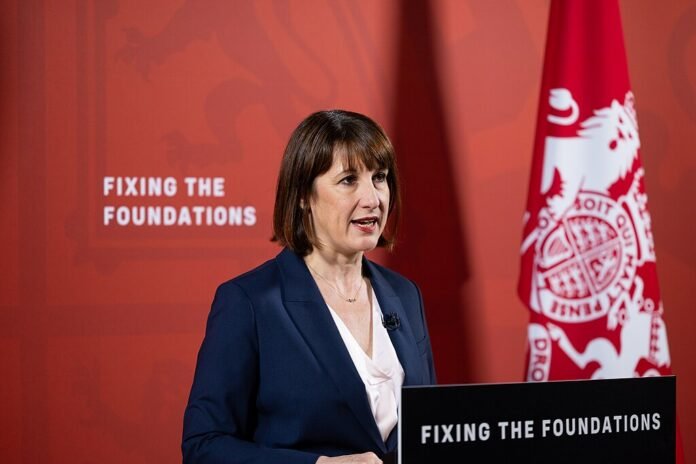Inflationary pressures are rising again, while job cuts and economic stagnation suggest a potential policy dilemma for the Bank of England ahead of February’s crucial rate meeting
As the UK economy enters 2025, the Bank of England is facing a complex challenge as inflationary pressures resurface despite economic stagnation and increasing job cuts. Recent data has shown a modest recovery in economic growth led by the service sector, but private sector firms are raising prices at their fastest rate in 18 months, leading to concerns of returning inflation.
According to the latest flash purchasing managers’ index (PMI) for January from S&P Global, while the UK economy showed slight growth at the start of 2025, price pressures are escalating. Employers are also reducing jobs at the fastest pace since the pandemic, signaling a potential deterioration in the labour market. The PMI reading for January, which edged up to 50.9 from December’s 50.4, indicates that the UK is experiencing growth but at a sluggish pace.
The combination of rising inflation and sluggish growth has led to warnings of stagflation, a scenario where high inflation coexists with stagnating economic growth. Chris Williamson, chief business economist at S&P Global, cautioned that while there’s an urgent need for rate cuts to stimulate growth, the rising inflation suggests that the Bank of England may be unable to lower rates significantly in the near future.
Embed from Getty ImagesCity investors anticipate that the Bank will reduce interest rates from the current 4.75% at its upcoming February meeting, with an 81% probability of a cut to 4.5%. However, inflation remains stubbornly high, with predictions that it could surpass 3% within months, complicating the Bank’s ability to act decisively.
Retail sales continued to decline in January, following a disappointing Christmas period, and consumer confidence has fallen to its lowest point since late 2023. Businesses are grappling with the fallout from Rachel Reeves’s autumn budget, which included an increase in employer national insurance contributions and a rise in the minimum wage, both of which have put pressure on firms.
The CBI and other lobby groups are urging the government to explore policy measures to boost confidence, especially in key sectors like retail, as the UK economy faces significant headwinds. While Chancellor Reeves has made pro-business pledges at the World Economic Forum, analysts remain concerned about the impact of rising costs and stagnant growth on future economic stability.
